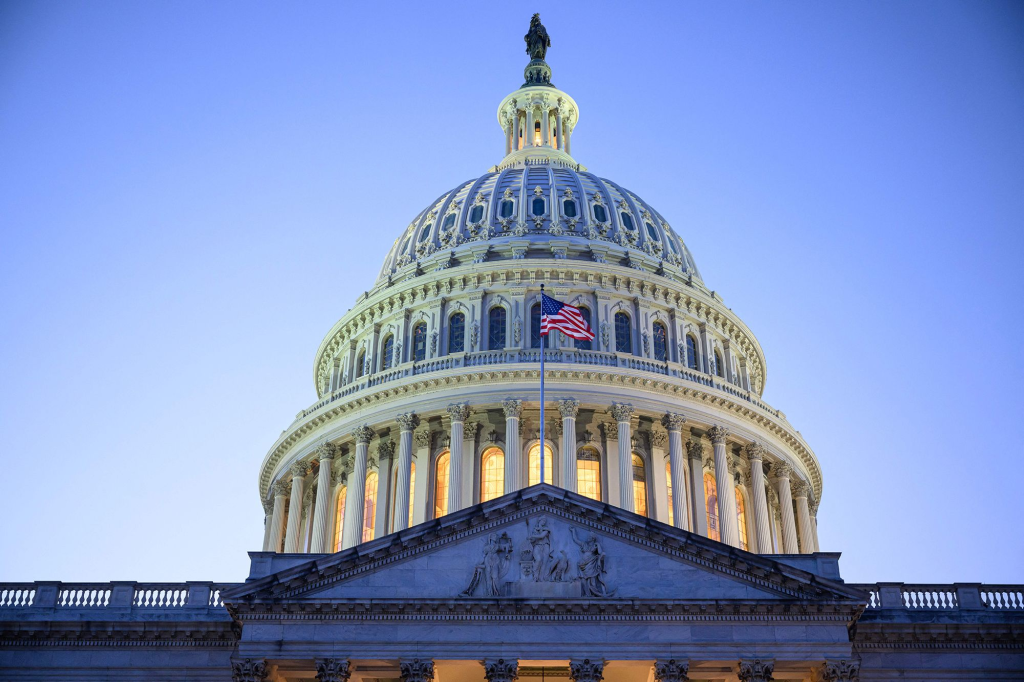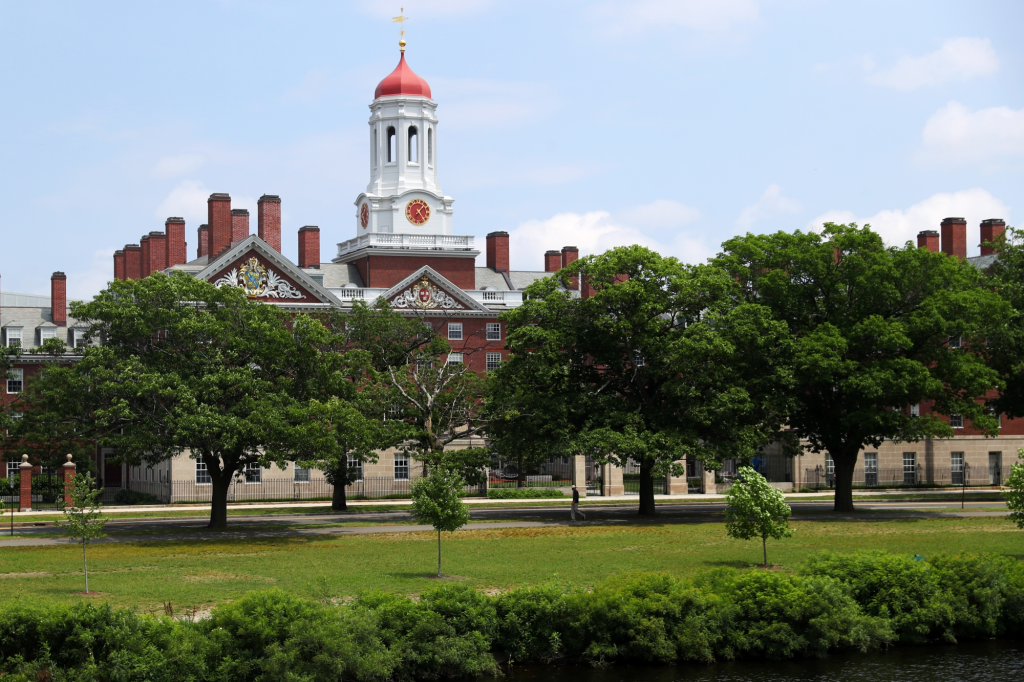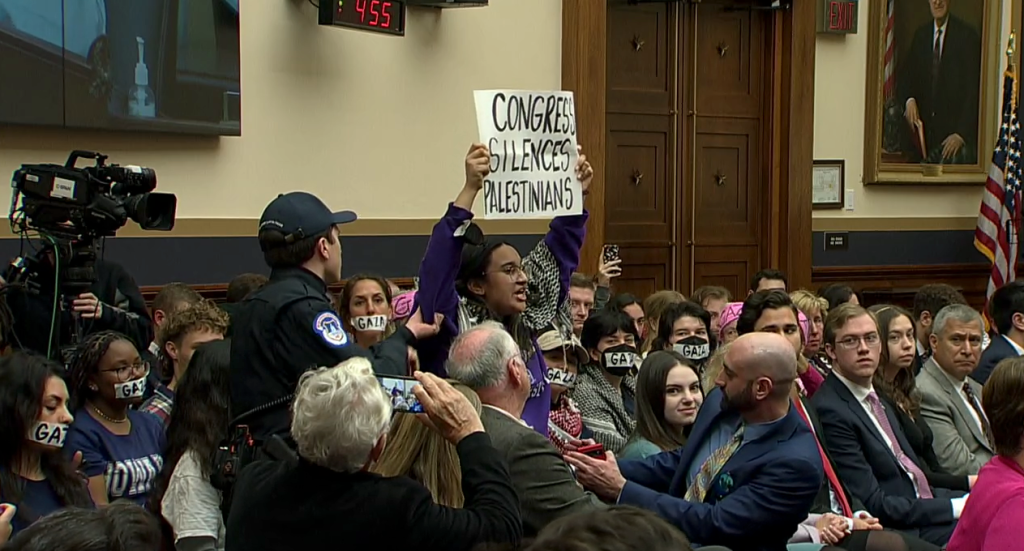Combating Antisemitism on College Campuses: Testimony of Ivy League Presidents before Congress
Combating Antisemitism on College Campuses: Testimony of Ivy League Presidents before Congress
Antisemitism on college campuses has become a growing concern, prompting action from university presidents and lawmakers alike. In response to recent incidents and the increase in tensions following the Hamas attacks on Israel, the House Committee on Education and the Workforce has scheduled a hearing on December 5th. The presidents of Harvard University, MIT, and the University of Pennsylvania have been summoned to testify, shedding light on the steps taken by their respective institutions to combat antisemitism. This article will provide an overview of the upcoming hearing, the context behind it, and the actions being taken by these Ivy League universities.
Rising Tensions and the Call for Accountability

In the aftermath of the Hamas attacks on Israel, tensions have surged on college campuses across the United States. Incidents of antisemitism and hate speech have escalated, leading to concerns about the safety and well-being of Jewish students. The House Committee on Education and the Workforce, chaired by Republican Rep. Virginia Foxx, has taken note of these alarming developments and called for university leaders to be held accountable for their response to antisemitism.
In a statement, Rep. Foxx expressed her disappointment in the perceived inaction of college administrators, stating that “horrific rhetoric” has been allowed to fester and grow. She emphasizes that college and university presidents have a responsibility to foster a safe learning environment and calls for decisive action. The hearing announcement, however, does not mention plans to investigate other forms of hate, such as Islamophobia.
Testimony from Ivy League Presidents

The upcoming hearing will feature testimony from three prominent Ivy League university presidents: Claudine Gay from Harvard University, Sally Kornbluth from MIT, and Liz Magill from the University of Pennsylvania. These university leaders have taken proactive steps to address the issue of antisemitism on their campuses and will share updates on their respective institutions’ efforts during the hearing.
Harvard University spokesperson Jason Newton expressed President Gay’s eagerness to provide information on the university’s work in combating antisemitism. MIT spokesperson confirmed that President Kornbluth welcomes the opportunity to engage with lawmakers, highlighting the importance of addressing this issue. Similarly, Penn spokesperson Steve Silverman stated that President Magill recognizes the critical importance of fighting antisemitism and looks forward to sharing the actions being taken by Penn.
Escalating Protests and Counterprotests

In recent weeks, college campuses have witnessed numerous protests and counterprotests, with some of them turning violent. These demonstrations have further exacerbated tensions and highlighted the urgency of addressing the issue of antisemitism. Disturbingly, the faces and names of students allegedly linked to anti-Israel statements were displayed on mobile billboards near Harvard and Columbia campuses, raising concerns about the safety of these individuals.
The University of Pennsylvania experienced a particularly alarming incident, where violent antisemitic threats were made against some faculty members. Recognizing the severity of the situation, the university promptly alerted the FBI to investigate the threats. Moreover, the Department of Education has launched an investigation into seven schools, including Cornell University, Columbia, and Penn, following complaints regarding incidents of antisemitism and Islamophobia.
Donor Backlash and Calls for Action
The handling of alleged acts of antisemitism by universities has sparked backlash from donors and prominent individuals. Some donors have threatened to withhold financial support in protest against perceived inaction. Private-equity billionaire Marc Rowan has spearheaded a campaign to remove President Magill from Penn, with support from influential alumni like “Law & Order” creator Dick Wolf and former US Ambassador Jon Huntsman.
Hedge fund manager Leon Cooperman expressed frustration with students protesting against Israel, stating that they have “sh*t for brains.” These remarks highlight the polarizing nature of the issue and the passionate opinions it elicits. Nir Barkat, Israel’s minister of economy and industry, warned that American universities failing to address antisemitism will face consequences.
Universities Respond with Action Plans
Recognizing the gravity of the situation, universities have taken steps to counter antisemitism and hate on their campuses. Columbia University announced the formation of a task force dedicated to combating antisemitism, acknowledging the resilience of this form of hatred. The University of Pennsylvania also unveiled an action plan aimed at fighting antisemitism, emphasizing the importance of creating a safe and inclusive environment for all students.
After antisemitic messages were projected onto campus buildings, President Magill condemned the actions, labeling them as cowardice and affirming that hate has no place at Penn. These statements reflect a commitment to taking a strong stance against antisemitism and fostering a climate of respect and understanding.
Conclusion
The upcoming congressional hearing presents an opportunity for university presidents to testify and shed light on their efforts in combating antisemitism on college campuses. The alarming rise in incidents of hate speech and the safety concerns for Jewish students have prompted action from lawmakers and universities alike. The testimonies of Harvard, MIT, and Penn presidents will provide insight into the measures being taken to address antisemitism, fostering a safer and more inclusive learning environment for all students.



